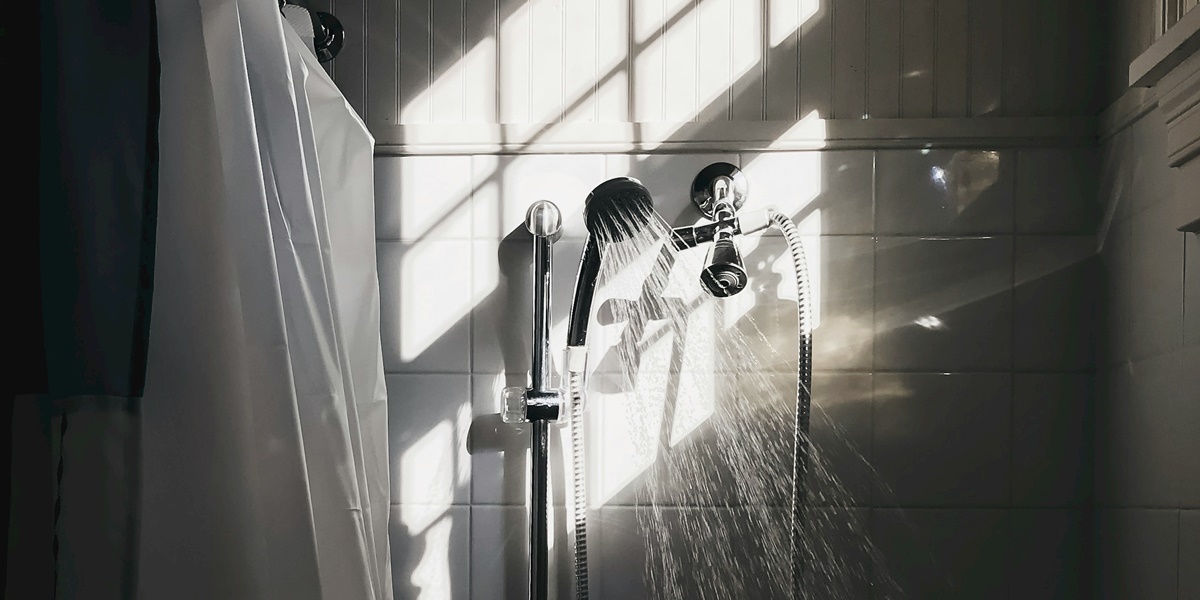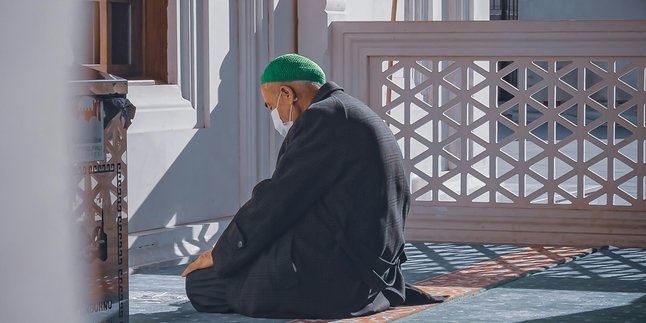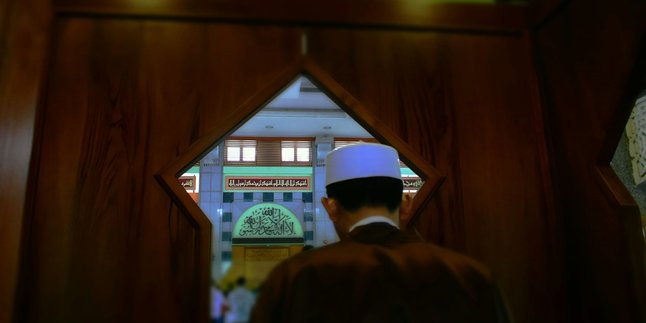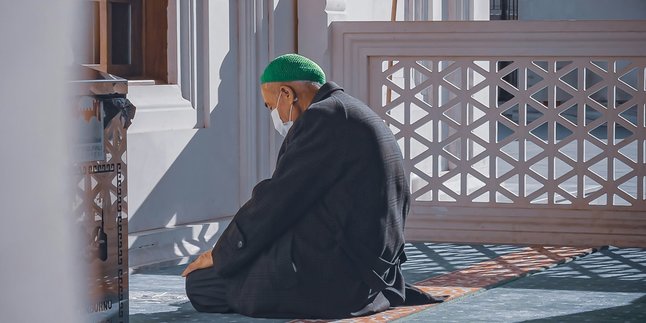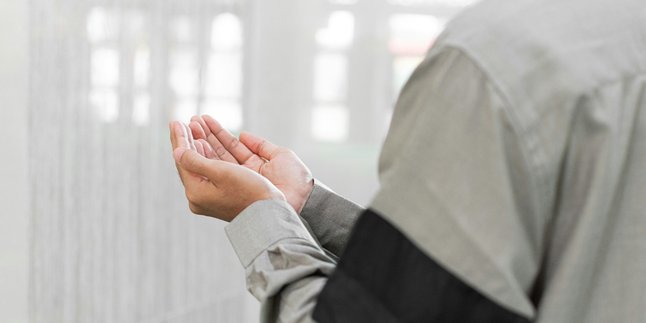Kapanlagi.com - In Islam, there is a term known as obligatory bath. Generally, the obligatory bath is a part of the purification ritual or cleansing oneself from minor and major impurities. The procedure for the obligatory bath involves specific steps, different from a regular bath. Additionally, there are prayers that must be recited during its implementation.
As the name suggests, the obligatory bath is a mandatory act that every Muslim must perform in certain situations. The obligatory bath is required after going through situations such as janabah (after sexual intercourse), menstruation, post-natal bleeding, and so on. Therefore, adult Muslims, whether male or female, must understand the procedure and prayer for the obligatory bath.
Being able to perform the obligatory bath correctly is a necessity for every Muslim. Therefore, here is a review of the procedure and prayer for the obligatory bath:
1. Situation that Requires Obligatory Bath

Situation that Requires Obligatory Bath (credit: unsplash)
As mentioned earlier, obligatory bath is different from regular daily bath. Obligatory bath is performed to cleanse oneself from minor and major impurities. In Islam, obligatory bath is a requirement for a Muslim in certain situations.
Here are some situations that require a Muslim to perform obligatory bath:
1. Ejaculation
Obligatory bath is necessary after ejaculation, whether through sexual intercourse or wet dreams. This obligatory bath helps to cleanse the body and prepare a person for performing worship, such as prayer.
2. After Sexual Intercourse (Whether Ejaculation Occurs or Not)
After engaging in sexual intercourse, whether in a state of janabah (major impurity) or not, a person must take a bath to purify oneself before being able to perform prayer or other worship.
Even if there is no ejaculation, the contact of the two genital organs requires a person to perform obligatory bath. This is intended to cleanse and restore purity after such physical contact.
3. Finished Menstruation
Women who experience the end of menstruation must perform obligatory bathing after their menstrual period ends. This bathing signifies the return of purity and enables participation in worship such as prayer.
4. Cessation of Postpartum Bleeding
After giving birth, a woman will experience postpartum bleeding. After the postpartum bleeding ends, the woman is required to perform obligatory bathing as a sign of purity and preparation to resume worship and normal activities.
5. Conversion to Islam
If someone who previously practiced a different religion decides to convert to Islam or become a Muslim, it is also recommended to perform obligatory bathing. Obligatory bathing symbolizes a clean and pure self and heart. Additionally, obligatory bathing is an important step to purify oneself and prepare for worship.
2. Procedure for Obligatory Bath in Islam
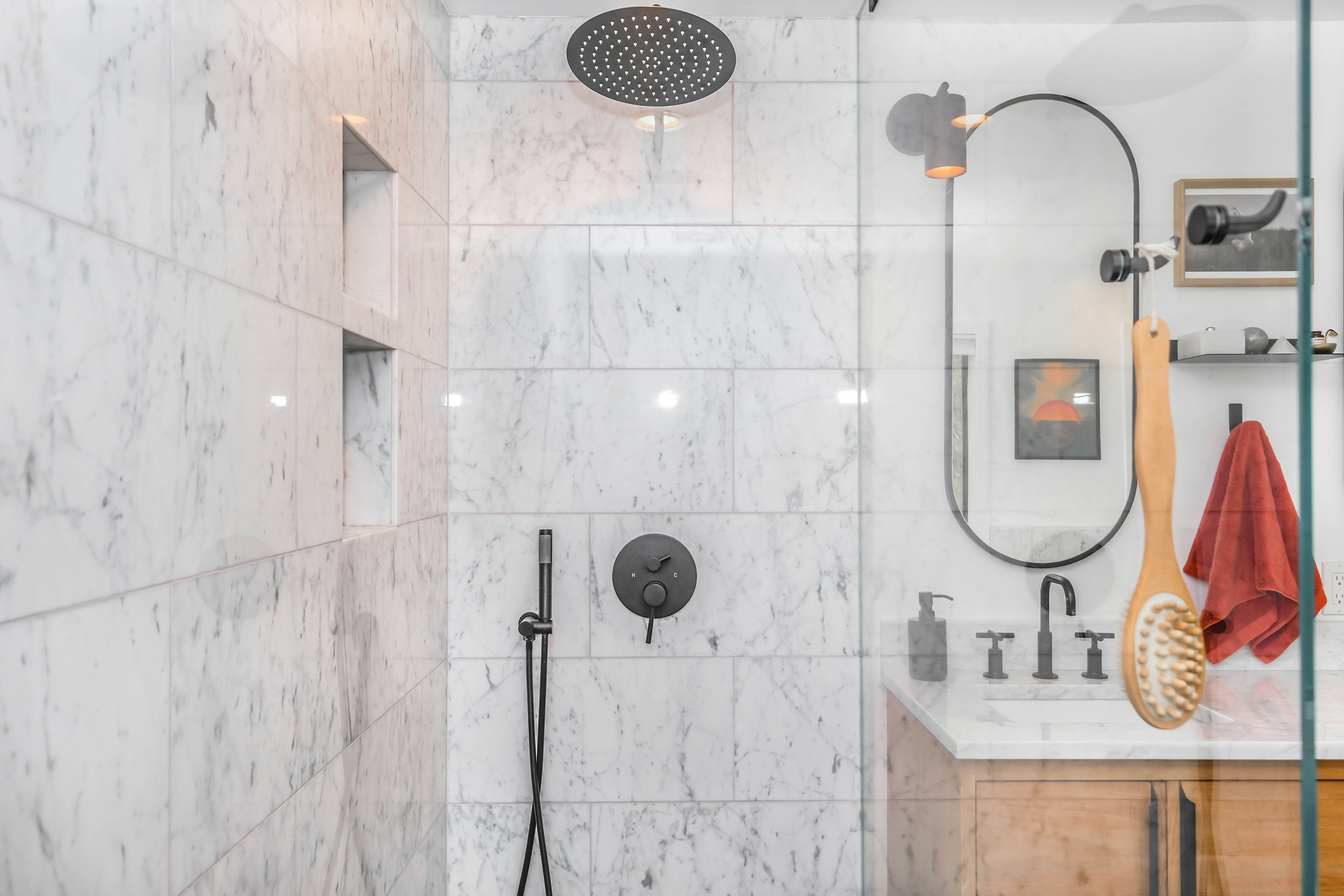
Procedure of Obligatory Bath in Islam (credit: unsplash)
In addition to the timing, the difference between obligatory bath and regular bath lies in the procedure. In Islamic obligatory bath, there are pillars that must be fulfilled such as pouring water all over the body, pouring water on the head three times, and pouring water on other body parts according to the guidance.
For more details, here is a guide to the procedure for obligatory bath from start to finish:
1. Start by washing the hands three times before starting the obligatory bath.
2. Clean the genital area and dirt using the left hand carefully.
3. After cleaning the genital area, wash the hands with soap; if soap is not available, soil can be used as a substitute.
4. Perform ablution perfectly, as usual before performing prayer.
5. Pour water on the head three times, making sure the water reaches the ends of the hair.
6. Wash the right side of the head, then proceed to the left side of the head.
7. Ensure the water penetrates between the hair to clean thoroughly.
8. Pour water on the entire body, starting from the right side and continuing to the left side.
9. Avoid touching the genital area with hands during obligatory bath; if accidentally touched, it is necessary to perform ablution again before continuing the obligatory bath.
3. Prayer of Intention for Obligatory Bath

Prayer of Intention for Obligatory Bath (credit: unsplash)
In addition to the different procedures compared to regular bathing, another thing that distinguishes obligatory bathing from regular bathing is the recitation of the intention prayer for obligatory bathing. Specifically, there is a difference in the recitation of the intention prayer for obligatory bathing between men and women.
For further clarification, here are the recitations of the intention prayer for obligatory bathing for men and women:
1. Recitation of Intention Prayer for Obligatory Bathing for Men
"Bismillahirahmanirahim nawaitul ghusla liraf'il hadatsil akbar minal janabati fardlon lillahi ta'ala."
Meaning:
"In the name of Allah, I intend to bathe to remove major impurity from janabah, obligatory because of Allah Ta'ala."
2. Recitation of Intention Prayer for Obligatory Bathing for Women
"Bismillahi rahmani rahim nawaitu ghusla liraf'il hadatsil akbar minan nifasi fardlon lillahi ta'ala."
Meaning:
"In the name of Allah, I intend to bathe to remove major impurity from postpartum bleeding, obligatory because of Allah Ta'ala."
Those are some of the explanations regarding the procedures and intention prayers for obligatory bathing in Islam. Hopefully, they are beneficial, increase religious knowledge, and enhance faith as a Muslim. Amen.
COME JOIN THE KAPANLAGI.COM WHATSAPP CHANNEL SO YOU DON'T MISS OUT ON UPDATES AND LATEST NEWS ABOUT THE ENTERTAINMENT WORLD IN INDONESIA AND ABROAD. CLICK HERE, KLOVERS!
(kpl/psp)
Disclaimer: This translation from Bahasa Indonesia to English has been generated by Artificial Intelligence.
